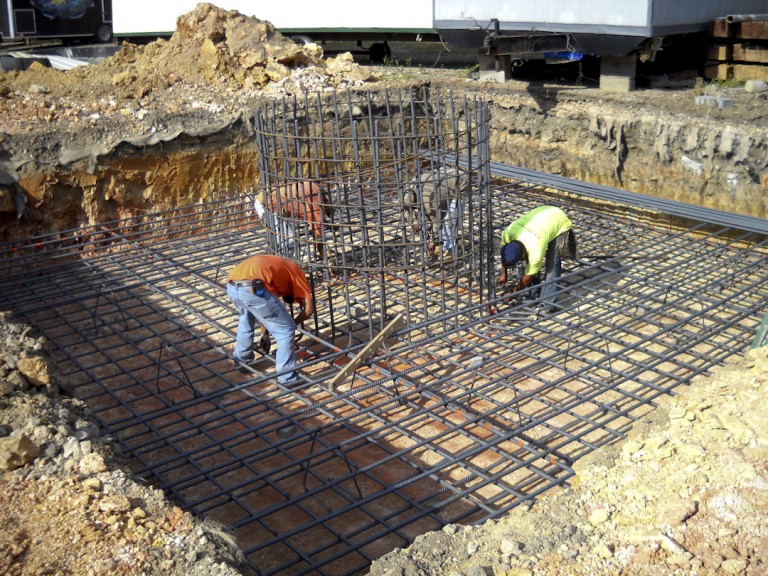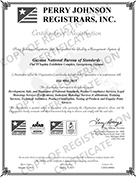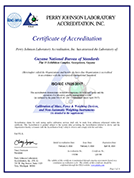The tremor experienced in Guyana on Tuesday August 21, 2018 was a shaking reminder of our need as a nation to construct structures, including buildings and bridges according to the requirements of sections of the building code and standards, which are available at the Guyana National Bureau of Standards (GNBS). For too long the GNBS has been employing many efforts to make stakeholders in the building and construction sector, including home owners, aware of these codes and standards and how they can positively impact the outcome of construction projects.
Contractors and engineers must adhere to these construction guidelines, which are available nationally and include requirements for foundations and excavations, construction of high rise buildings, structural steels, hardwood lumber and concrete block masonry. The time has come when we can no longer afford to build without the requisite knowledge – “building by guess”, especially when constructing larger and taller buildings. The layout and designs of any building foundation must be well prepared, using the right steel and concrete materials. Otherwise, at the end of construction or later during the occurrences of natural disasters, the entire structure could be compromised or damaged.
There are also standards related to the various products used in construction such as the standards for concrete blocks, steel nails and PVC Pipes. The current scenario is that the strength of most of the concrete hollow block produced locally is not determined. Some preliminary tests conducted by the GNBS revealed that the majority of blocks available on the market are below the compressive strengths stipulated by the recently approved national standards. Block manufacturers therefore need to acquire copies of these standards and strive to make the kind and quality of blocks that can contribute to building resiliency in Guyana. Like the certification of PVC pipes locally manufactured, which allows for the consistent production of quality pipes, the GNBS intends to certify the quality of blocks locally produced to ensure they consistently meet the requisite compressive strengths.
As it relates to building and construction standards, ASTM International is a key partner of the GNBS. ASTM International is a standards development body recognised worldwide for the development of thousands of standards used in industry today, and it has developed some key standards to ensure structures constructed are resilient to adverse occurrences and changes in nature. These standards can be adopted and utilized locally by manufacturers, contractors and engineers.






